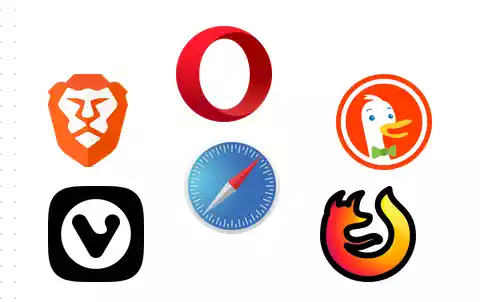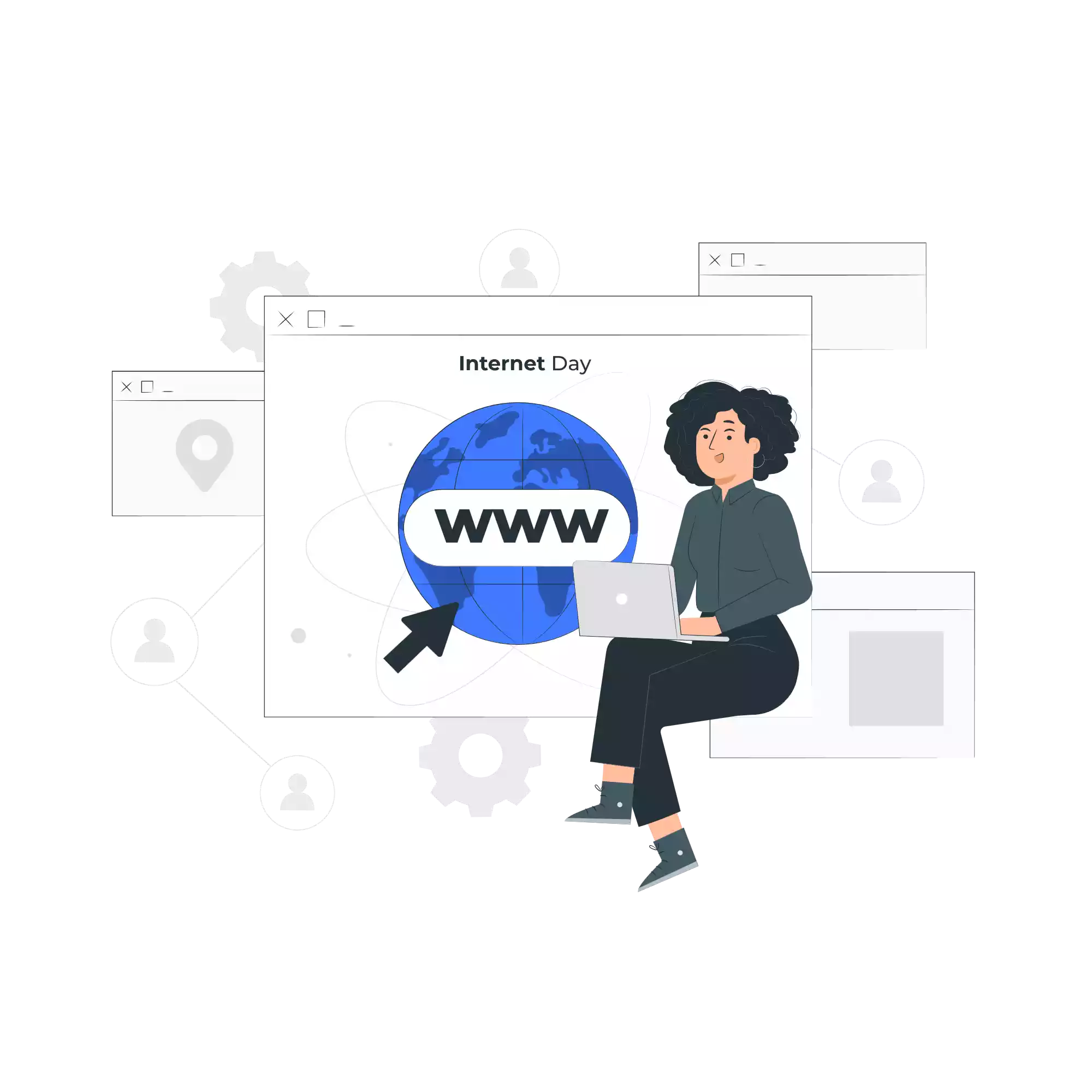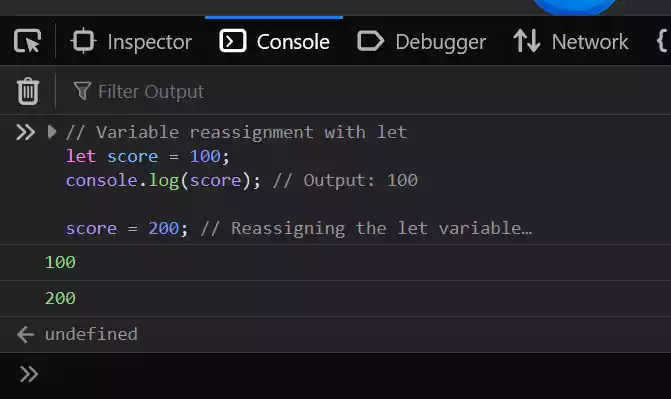Impact of ChatGPT on Students: Positive and Negative Effect
ChatGPT, an advanced language model developed by OpenAI, has gained substantial attention for its potential impact on various aspects of human life.
In the context of education, ChatGPT can have both positive and negative effects on students.
In this article, we will look at the implications of ChatGPT on students’ communication, learning, creativity, as well as address potential concerns such as distraction, misinformation, and cheating.
In addition, we will provide useful tips for students to maximize the benefits of using ChatGPT while avoiding its potential pitfalls.
Table of Contents
Positive Effects
1. Improved Communication and Learning
ChatGPT can serve as a valuable tool for students by generating informative and comprehensive answers to their questions.
This can be particularly helpful when dealing with complex concepts or seeking additional information on a specific topic.
For instance, students can leverage ChatGPT to enhance their understanding of challenging subjects or to acquire in-depth knowledge in a particular area of study.
2. Increased Creativity
One of the remarkable aspects of ChatGPT is its ability to generate creative text formats. Students can utilize this feature to explore their creative potential in various domains, such as writing stories, poems, scripts, or even composing musical pieces.
ChatGPT can be a valuable companion for students who wish to express themselves in new and imaginative ways.
3. Personalized Learning
ChatGPT has the potential to personalize the learning experience for students. By providing feedback on their work and recommending additional resources, ChatGPT can assist students in tailoring their learning journey according to their specific needs and interests.
This personalized approach can foster more effective learning and help students reach their full potential.
Negative Effects
1. Distraction
While ChatGPT offers immense educational value, it can also become a source of distraction if not used in a productive manner.
Students may be tempted to engage in non-academic activities like chatting with friends or playing games instead of focusing on their studies.
It is crucial for students to exercise self-discipline and allocate their time and attention appropriately.
2. Misinformation
One of the potential risks associated with ChatGPT is the dissemination of misinformation.
Students should exercise caution and verify the accuracy of the information generated by ChatGPT before relying on it for their studies.
Critical thinking and fact-checking skills remain essential to ensure that the information obtained from ChatGPT is reliable and trustworthy.
3. Cheating
The ease of access to vast amounts of information through ChatGPT raises concerns about academic integrity.
Students may be tempted to utilize ChatGPT to cheat on tests or assignments by generating answers or even completing their assignments entirely.
Such practices not only hinder genuine learning, but also contribute to academic dishonesty.
Students must understand the importance of academic honesty and avoid using ChatGPT to gain an unfair advantage.
Tips for Students Using ChatGPT
To maximize the benefits of ChatGPT and minimize the potential drawbacks, here are some practical tips for students:
- Use ChatGPT productively: Employ ChatGPT as a tool to learn new information, stimulate creativity, or personalize your learning experience.
- Verify information: Always verify the accuracy and reliability of the information generated by ChatGPT through additional research and cross-referencing reputable sources.
- Avoid cheating: Refrain from using ChatGPT to cheat on tests, assignments, or any academic work. Embrace the learning process and strive for genuine knowledge acquisition.
- Exercise self-discipline: Stay focused and avoid getting distracted by non-academic activities while using ChatGPT.
- Develop critical thinking skills: Even though ChatGPT can provide valuable insights, it’s important to develop your own critical thinking abilities.
Analyze the information provided by ChatGPT critically and evaluate different perspectives to form well-rounded opinions. - Seek human interaction: While ChatGPT can be helpful, remember the importance of human interaction and collaboration.
Engage in discussions with teachers, classmates, and experts in the field to deepen your understanding and broaden your perspectives. - Set clear goals: Define your learning objectives and set specific goals when using ChatGPT.
This will help you stay focused and ensure that you’re using the tool purposefully and efficiently. - Reflect and review: After using ChatGPT, take the time to reflect on what you’ve learned and review the information generated.
Consolidate your knowledge, ask questions, and identify areas that require further exploration or clarification. - Embrace a balanced approach: Use ChatGPT as part of a balanced approach to learning. Combine it with traditional study methods, hands-on experiences, and engaging in real-world applications of knowledge.
Wrap Up
ChatGPT has the potential to significantly impact students’ communication, learning, and creativity.
By leveraging its capabilities responsibly, students can benefit from improved access to information, personalized learning experiences, and enhanced creativity.
However, it is crucial to be aware of the potential negative effects, such as distraction, misinformation, and cheating, and take proactive measures to mitigate them.
Ultimately, students must remember that ChatGPT is a tool to support their learning journey, and genuine intellectual growth comes from a combination of independent thinking, collaboration, and critical engagement with knowledge.





